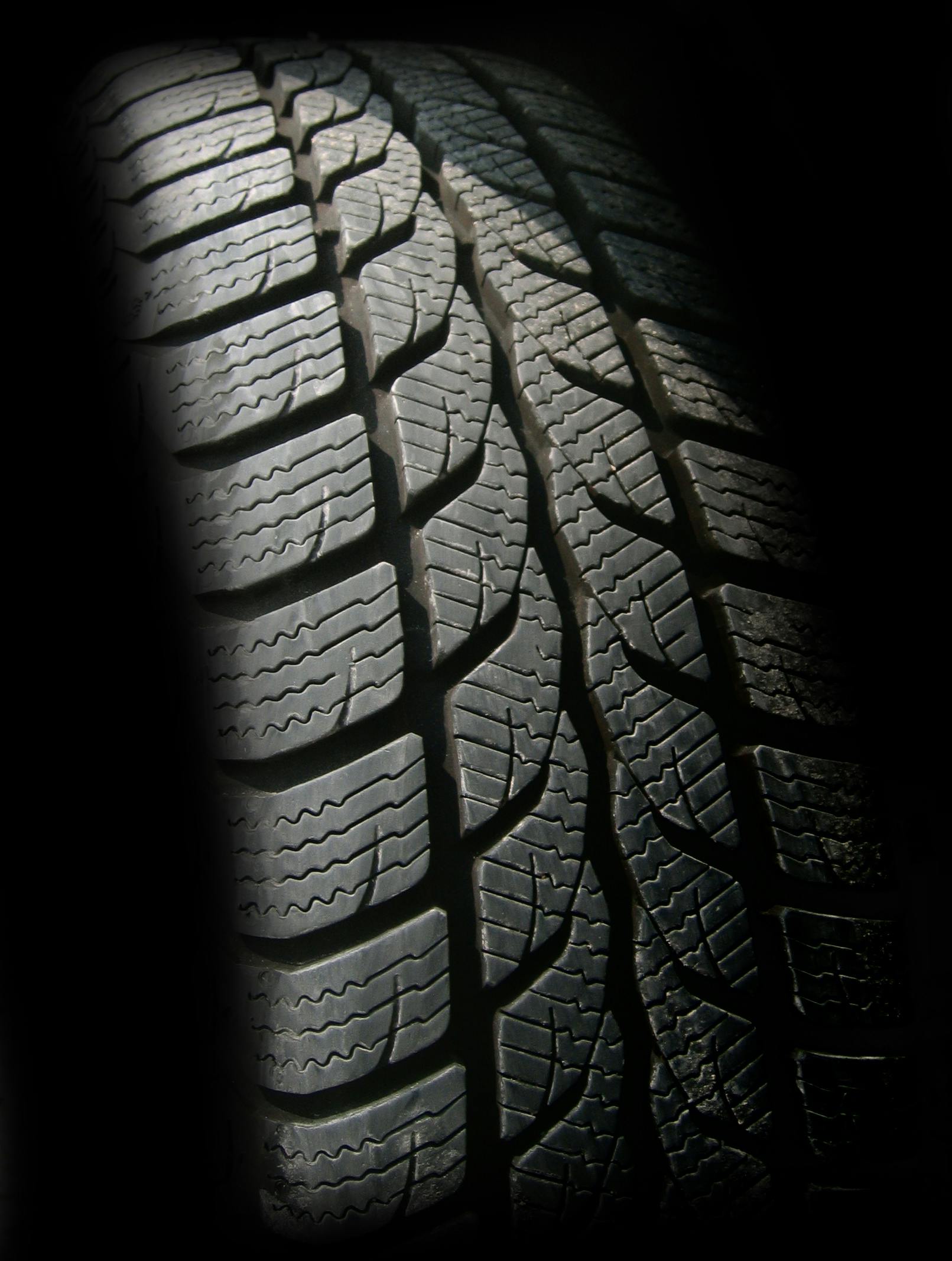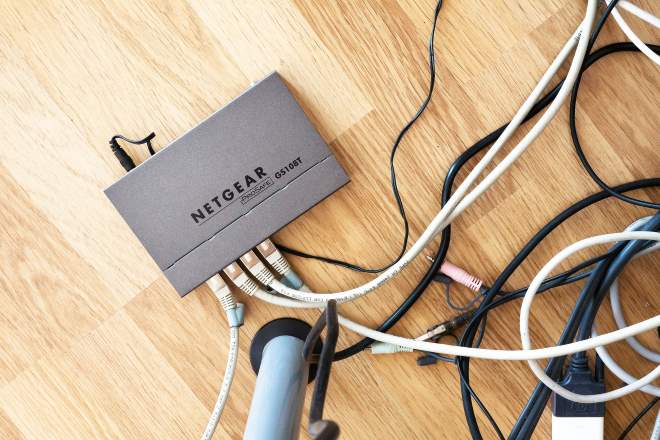Essential Insights on Yokohama Tire Expense Trends
Understanding the cost implications of Yokohama tyres requires careful consideration of various factors that influence pricing in the UK market. As a respected manufacturer in the automotive industry, Yokohama offers diverse tyre options across different price points, designed to meet various vehicle requirements and performance needs. This comprehensive guide examines current price trends and factors affecting Yokohama tyre costs in the British market.

When considering new rubber for your vehicle, price points vary significantly based on multiple factors including size, performance characteristics, and intended use. Yokohama manufactures products spanning economy-focused options to high-performance variants, each positioned at different price levels within the market. British drivers seeking to replace worn components will find that informed purchasing decisions require understanding both the initial outlay and long-term value proposition.
Understanding Yokohama Tyre Price Ranges
Yokohama products typically fall into several price categories depending on specification and application. Budget-conscious options for standard passenger vehicles generally start from approximately £50 to £80 per unit for common sizes such as 185/65R15 or 195/65R15. Mid-range offerings, which include enhanced wet weather performance and improved longevity, typically range between £80 and £130 per unit. Premium and high-performance variants, designed for sports vehicles or specialized applications, can exceed £150 per unit and reach upwards of £250 or more for larger sizes or ultra-high-performance specifications. These figures represent typical retail pricing in the UK market, though actual costs may fluctuate based on retailer, location, and seasonal promotions. Vehicle owners should also account for the fact that most vehicles require four units for complete replacement, multiplying these individual costs accordingly.
Factors Affecting Yokohama Tyre Price Points
Several key elements influence the final cost consumers pay for Yokohama products. Tyre size represents one of the most significant variables, with larger diameters and wider profiles commanding higher prices due to increased material requirements and manufacturing complexity. Performance ratings, including speed ratings and load indexes, also affect pricing structures. Products rated for higher speeds or designed to carry heavier loads incorporate advanced compounds and construction techniques that increase production costs. Seasonal variations introduce another pricing dimension, with winter-specific products often priced differently from all-season or summer variants due to specialized rubber compounds and tread patterns. The distribution channel matters considerably as well, with online retailers frequently offering competitive pricing compared to traditional brick-and-mortar establishments. Additionally, newer model releases typically command premium pricing, while older stock may be discounted to clear inventory. Market demand fluctuates throughout the year, with spring and autumn traditionally representing peak purchasing periods when prices may be less flexible.
Common Yokohama Tyre Models and Price Comparison
Yokohama’s product lineup includes several popular models catering to different driving needs. The BluEarth series focuses on fuel efficiency and environmental considerations, positioning itself in the mid-range segment. The ADVAN range targets performance enthusiasts, offering superior grip and handling characteristics at premium price points. The Geolandar collection serves SUV and light truck owners with products designed for both on-road comfort and off-road capability. For winter conditions, the iceGUARD and W.drive series provide cold-weather performance with pricing reflecting their specialized nature.
| Model Range | Typical Application | Approximate Price Range (per unit) |
|---|---|---|
| BluEarth-GT AE51 | Passenger Cars | £75 - £120 |
| ADVAN Sport V105 | Performance Vehicles | £130 - £250 |
| Geolandar A/T G015 | SUVs and Light Trucks | £90 - £180 |
| iceGUARD iG60 | Winter Conditions | £85 - £140 |
| C.drive AC02 | Budget Passenger Cars | £50 - £85 |
Prices, rates, or cost estimates mentioned in this article are based on the latest available information but may change over time. Independent research is advised before making financial decisions.
Maximizing Value When Purchasing Yokohama Tyres
Securing optimal value requires strategic purchasing approaches beyond simply identifying the lowest price. Comparing offerings from multiple retailers, both online and local, often reveals significant price variations for identical products. Many retailers offer price matching policies that can be leveraged when lower prices are found elsewhere. Purchasing complete sets of four units frequently unlocks discounts compared to buying individually. Timing purchases strategically around seasonal sales events, such as Black Friday or end-of-season clearances, can yield substantial savings. Investigating manufacturer rebates and promotional offers adds another avenue for cost reduction. Some retailers bundle fitting services with product purchases at reduced rates compared to separate transactions. Membership programs and loyalty schemes offered by certain retailers provide additional discounts for regular customers. Balancing initial cost against expected longevity proves crucial, as premium products with extended tread life may offer better value over time despite higher upfront expense. Checking product reviews and independent testing results helps ensure that cost savings do not compromise safety or performance standards.
Installation and Additional Service Costs
The purchase price represents only part of the total expense associated with fitting new rubber to your vehicle. Professional fitting services typically cost between £10 and £25 per unit, depending on the service provider and location within the UK. This service includes mounting the product onto the wheel rim, balancing to ensure smooth rotation, and fitting to the vehicle. Valve replacement, recommended when installing new products, adds approximately £2 to £5 per valve. Wheel alignment checks, advisable after fitting to ensure even wear patterns and optimal handling, generally cost between £30 and £60 for a full four-wheel alignment. Disposal fees for old units usually range from £2 to £5 per unit, though some retailers include this in their fitting package. Additional services such as puncture repair insurance, road hazard warranties, or nitrogen inflation may be offered at extra cost. Mobile fitting services, where technicians travel to your location, typically command premium pricing but offer convenience advantages. When budgeting for new rubber, accounting for these ancillary costs provides a more accurate picture of total expenditure.
Conclusion
Navigating Yokohama pricing requires understanding the interplay between product specifications, market conditions, and purchasing strategies. British motorists benefit from researching options thoroughly, comparing offerings across multiple channels, and considering total cost of ownership rather than purchase price alone. While initial outlay varies considerably across the product range, informed decisions that account for performance requirements, expected longevity, and installation expenses ensure optimal value. Regular market monitoring and strategic timing of purchases can yield significant savings without compromising safety or performance standards essential for UK driving conditions.




